Some countries around the world have experienced unexpectedly low temperatures this winter. Thus, in January, thermometers in Sweden dropped to -43.6°C, which was a record for the last 25 years. And in the Norwegian capital Oslo, -30°C was recorded for the first time. However, experts explained why the problem of global warming still exists. 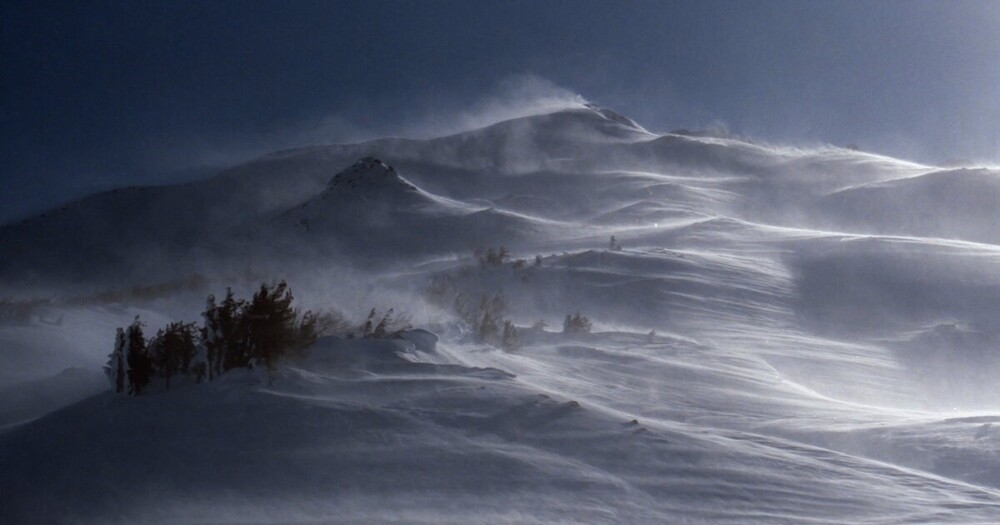
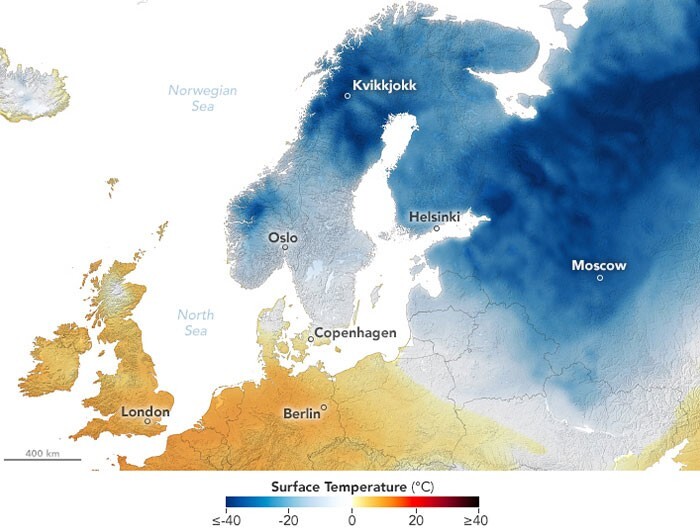
In Copenhagen, due to snowfall, railway traffic was difficult and ferry services were stopped. Temperatures in the Finnish capital Helsinki dropped to around -20°C.
The weather left hundreds of cars stranded on motorways in Sweden and Denmark while the UK dealt with wind and rain brought by Storm Henk. 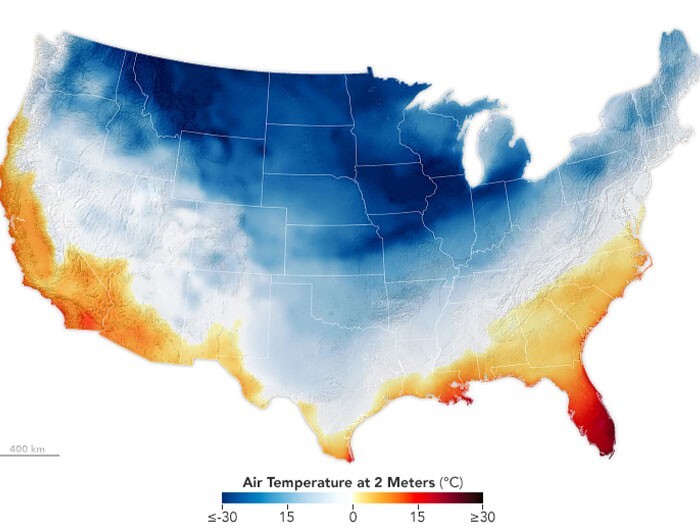
A winter storm with severe frosts and heavy rainfall covered most of the United States.
And all this is connected with climate change. But here it is important to understand that climate and weather are different things. Climate is an average characteristic over a long period of time (50-100 years). It is less changeable, unlike the weather, and global warming affects the climate.
A warming Arctic is destroying the winter cyclones that keep cold air near the poles, so winters are only getting colder. 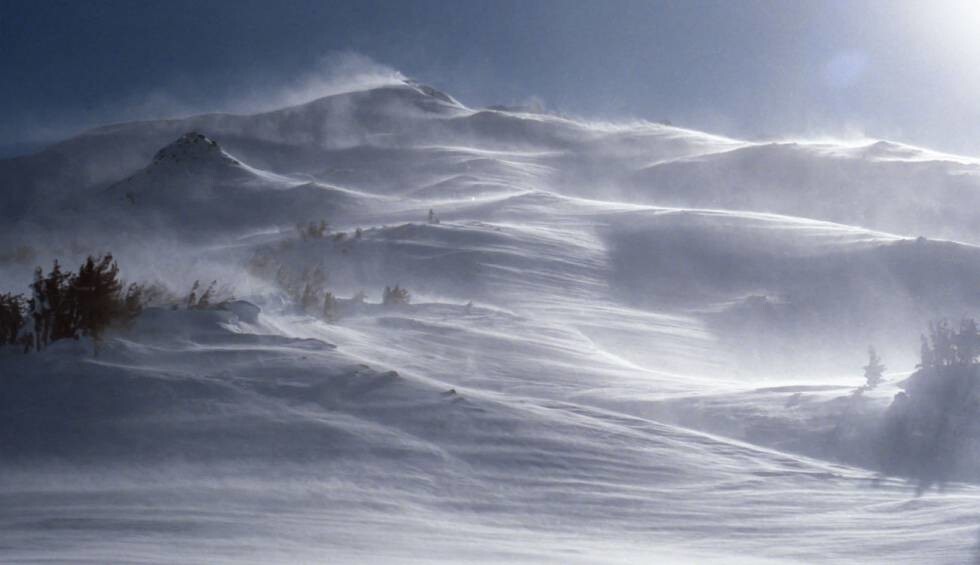
Professor John Marsham, from the University of Leeds, explained: "Climate change has led to an increase in average global temperatures. Summers are becoming extremely hot, as they were in 2022, and winters are becoming warmer overall. Interestingly, climate change is leading to an increase in events such as" The Beast from the East" as the Arctic warms faster than regions south of it."
The Beast from the East was a powerful cold front that affected the UK and Ireland in February 2018. 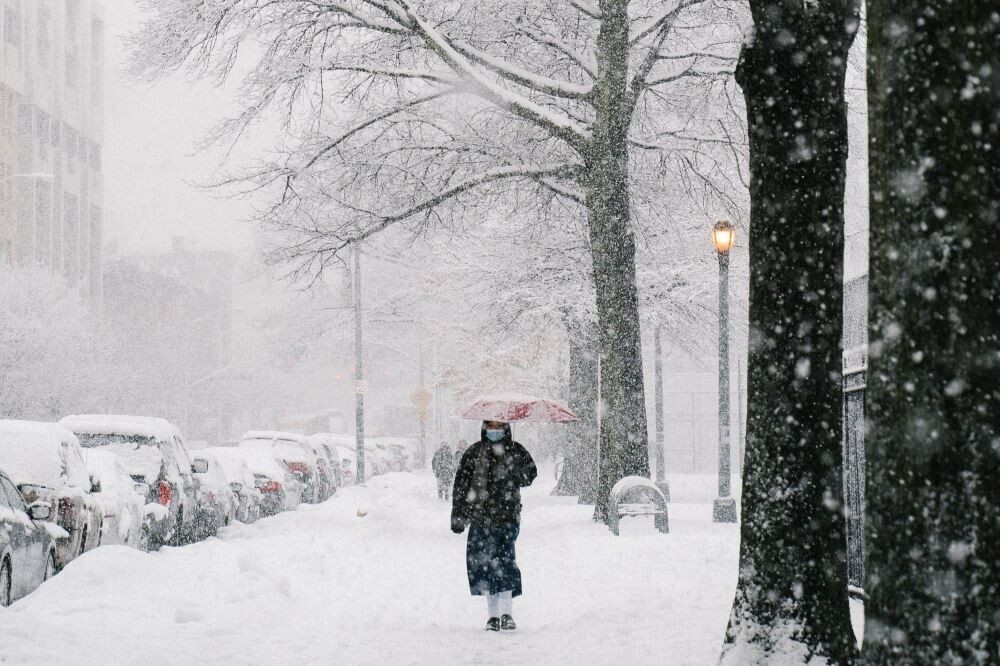
Anthony Broccoli, a professor at Rutgers University in New Jersey, USA, also confirmed that global warming does not eliminate cold winter weather. It only reduces the likelihood of cold weather.
"The data shows that warm extremes have become more frequent and cold extremes have become less frequent, but they cannot be ruled out," Professor Broccoli said. 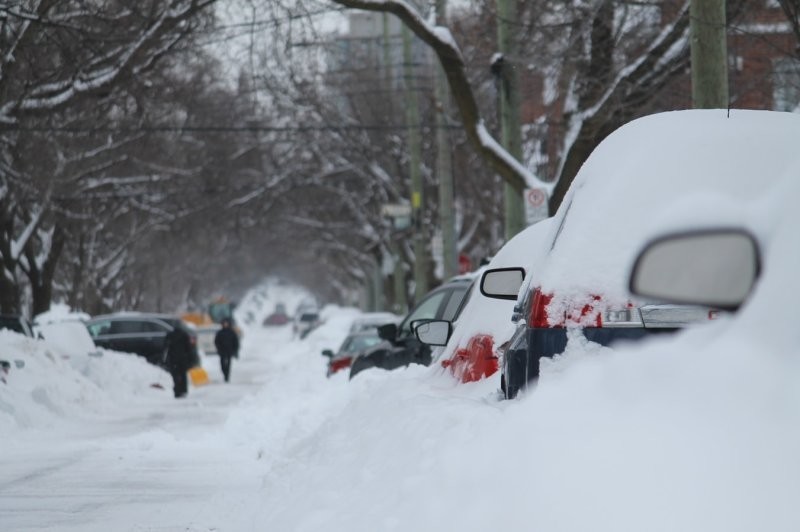
He explained: "The weather can be very variable, and with warming conditions, cold winters are quite possible. When an area is extremely cold, it usually indicates arctic air masses." 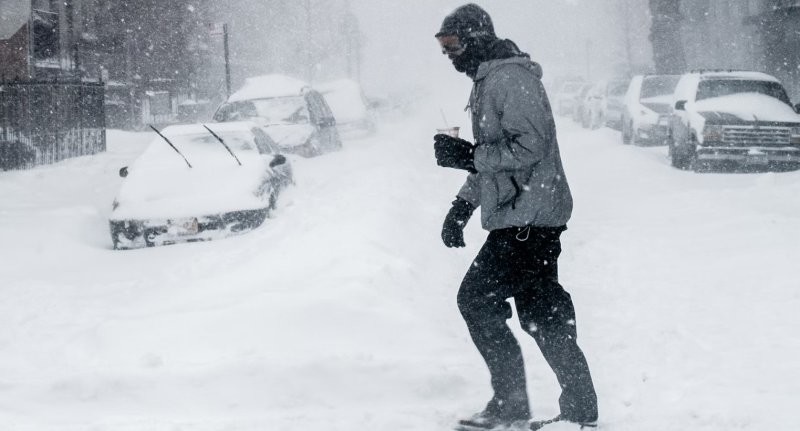
"Global warming is a long-term trend, but this does not mean that each year will be warmer than the previous one. Each year's change in weather patterns will lead to unusually cold days and nights, winters and summers, even as the climate warms," says the Royal London article. society and the US National Academy of Sciences.
The publication mentions the La Niña phenomenon, which leads to severe storms in some regions and droughts in others. According to experts, La Niña is changing the climate across the planet, contributing to cold winters. 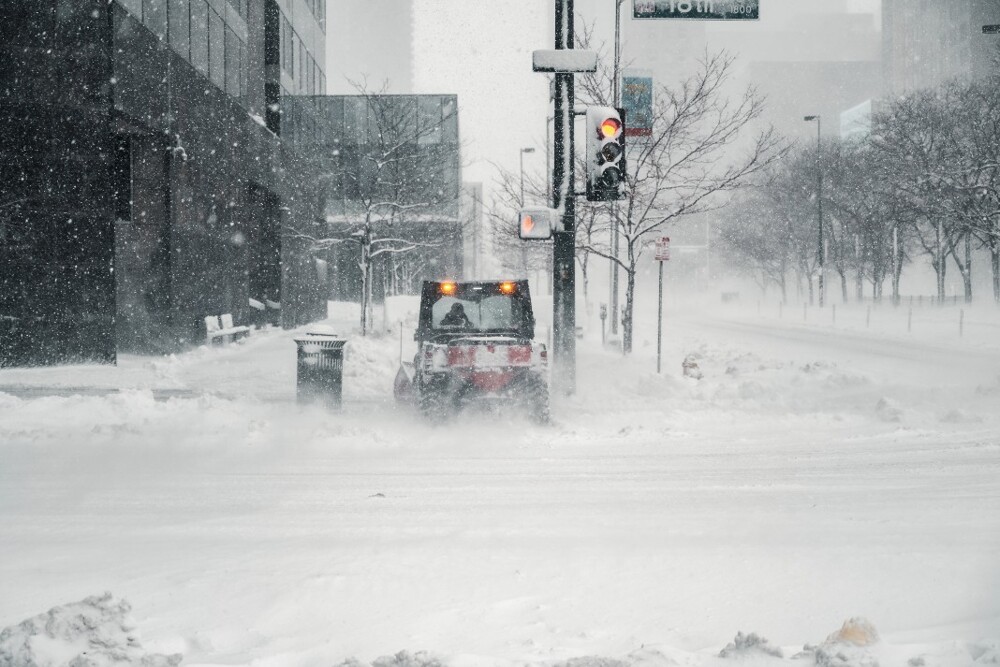
NASA has released its annual report on global temperatures, and 2023 is the hottest year on record since 1880. 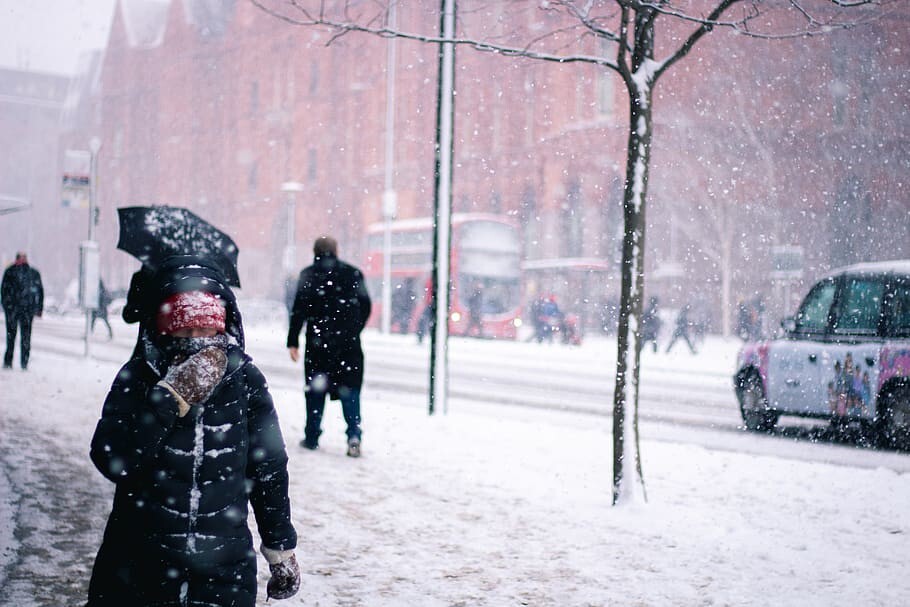
Add your comment
You might be interested in:





















